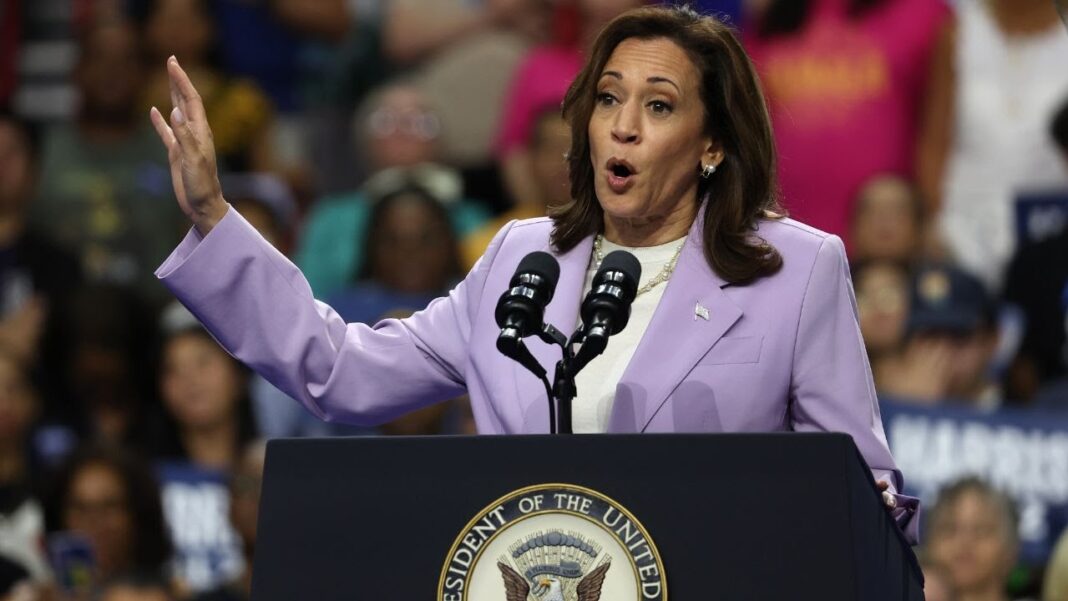President Joe Biden’s Bipartisan Infrastructure Law (BIL), enacted in 2021, allocated tens of billions of taxpayer dollars for the expansion of broadband internet access. However, more than three years later, no projects have commenced.
The $1.2 trillion legislation designated over $42 billion specifically for internet access in underserved, predominantly rural regions. Biden has likened this initiative to the transformative impact of Roosevelt’s efforts to provide electricity. Despite this ambitious vision, not a single project funded by the law has begun, with federal subsidies anticipated to reach these projects only by 2025. This delay is primarily attributed to various regulatory challenges, including mandates for internet service providers to engage in environmentally sustainable practices and to hire unionized labor.
“In 2021, Kamala Harris became the ‘Broadband Czar’,” Republican South Dakota Sen. John Thune wrote in a post on X on Sep. 24. “Three years and $42 billion later, not one person has been connected to the internet under the BEAD [Broadband Equity, Access and Deployment] program.”
It’s been nearly three years since the BEAD program was established – and in all of that time the program has not connected a single household to the internet. “Broadband Czar” Harris’s tenure has been nothing short of a disaster. pic.twitter.com/3qmehkvIM5
— Senator John Thune (@SenJohnThune) September 24, 2024
A significant challenge arises from the necessity for applicants to prove that the internet plans they offer, utilizing federally subsidized infrastructure, will be affordable for Americans whose household incomes are at or below 200% of the poverty line. For instance, Virginia’s application process extended beyond 10 months due to a disagreement between state and federal authorities regarding a price cap for low-cost plans.
The speed of implementation by the White House has faced criticism from Republican lawmakers, leading the House Energy and Commerce Committee to initiate an investigation into the National Telecommunications and Information Administration’s management of the initiative. Furthermore, the broadband expansion program has been likened to the Biden-Harris administration’s electric vehicle (EV) charger expansion initiative, which, as of April 2024, had only established seven stations despite the allocation of $7.5 billion from the November 2021 Bipartisan Infrastructure Law.
The delays in the EV charger expansion program were partly attributed to diversity, equity, and inclusion (DEI) requirements, with the Department of Transportation indicating that applicants must commit to engaging in “intentional outreach to underserved communities” by organizing “neighborhood block parties.”
“The Biden Admin has been layering a partisan political agenda on top of this $42.45B program — a liberal wish list that has nothing to do with connecting Americans,” Brendan Carr, the former head of the Federal Communications Commission wrote in a June X post. “Climate change mandates, tech biases, DEI requirements, favoring government-run networks + more.”






